Abu Dhabi’s new ‘We Speak Arabic’ programme: Is this the turning point UAE schools need?
An innovative new online Arabic programme called ‘We Speak Arabic’ has been rolled out in Abu Dhabi with the aim of teaching Arabic to non-native speakers in an engaging and relatable way. The Abu Dhabi Arabic Language Centre (ALC) – part of the Department of Culture and Tourism Abu Dhabi – has launched the free programme to help non-Arabic speakers worldwide learn the language more easily and efficiently online so that it is accessible to the broadest number of people and in a format that is simple and inspiring.
The programme can be access clicking these buttons (below) on the ALC home page here:
The programme targets learners of all ages and nationalities, and encourages mastering Arabic as a language of knowledge, culture and creativity.
Saeed H. Al Tunaiji, Acting Executive Director of ALC, said:
“Promoting the take up of the Arabic language locally and internationally is one of the Centre’s primary objectives through a wide range of projects and initiatives. Delivering our mandate through digital means is a major focus that provides easy accessibility to those looking to learn, and of course, cooperation and collaborative efforts between entities, institutions, and communities are essential to achieve our goals.”
‘We Speak Arabic’ stands out from other initiatives because of its focus on usable modern Arabic words for non-native speakers, presented in a narrative-led context in an entertaining and easy-to-digest video format. A key component of the programme is the video series, Sa’oud & Rose, which follows the story between a non-Arab woman and an Emirati citizen. The short episodes show the characters conversing in both English and Arabic, visually picking out key words necessary for daily use, presenting their spelling in both Arabic and phonetic English, and then repeating them verbally. Currently in UAE schools the Arabic language curriculum is focused on classical Arabic which many non-Arabic speakers and learners find particularly complex and difficult. Modern Arabic is much more likely to be encountered in every-day conversations in the UAE – and the conversational Arabic focus makes learning much more accessible.
The language lessons are interwoven with visual storytelling, which includes stunning depictions of Abu Dhabi landmarks, presenting the UAE capital as a cultural and exciting modern city.
‘We Speak Arabic’ is one of many ALC programmes aimed at promoting and developing the Arabic language. The Arabic Language Centre also recently held the ‘Arabic Language Pals’ competition for Arab and foreign students, which saw 156 videos submitted from seven Arab countries: the UAE, Saudi Arabia, Jordan, Kuwait, Egypt, Sudan, and Syria. The videos were evaluated by a jury of Arabic language and poetry experts against strict criteria, including performance quality, linguistic accuracy, choice of content and emotional expression.
Following several evaluation rounds, the jury produced a final shortlist of six videos nominated to win the ‘Arabic Language Pals’ award. The three winners of the competition were: Raneem Al Obaidi from Jordan, Ahmad Al Raheen from Saudi Arabia, and Reem Hajj Hussain from Syria.
Why isn’t Arabic taught better in UAE schools? The SchoolsCompared.com View
Visitors to the UAE are often very surprised to realise that it is not necessary to speak Arabic to easily get around in the country and converse in shops and restaurants. As a nation with a high expat population (around 89% of UAE residents are expats), all communications are written in both Arabic and English, and multiple other diverse languages thrive amongst the many international communities.
However, this open-minded and inclusive approach also means that many expat UAE residents – even the very long-term ones – never end up learning Arabic at all.
Although it is mandatory for the language to be taught in all UAE schools, parents tell us that the classical form of Arabic that is taught can feel far removed from daily life, and Arabic language departments are often run separately from other modern-language departments – meaning that teaching methods may not be as optimised or innovative as they could be with a more collaborative and unified approach. While school regulators have made great strides in making Arabic a priority and putting it at the forefront of children’s learning, there is still far to go. The fact is that non-native Arabic speakers often graduate from UAE schools after many years of Arabic lessons knowing nothing more than the basics. Read more on Why Learning Arabic can be so Challenging for UAE students.
But this is such a missed opportunity. And, for those living outside the UAE, it’s almost incomprehensible. Can you imagine the surprise of university professors and future employers the world over who read on a student profile that she or he has studied for years in an Arabic-speaking country, only to learn that they barely actually speak the language at all?
Arabic is a beautiful language, which is only growing in currency politically and economically. It is one of the six official languages of the United Nations, and it is currently ranked on the World Economic Forum’s Power Language Index (PLI) as the 5th most important language based on several factors – including the number of native speakers, the economic output of those native speakers and the importance of the language in world diplomacy.
Speaking Arabic today not only opens up a channel of communication with a global Arabic-speaking population of around 466 million people – it also sheds a unique light on the nuances of the historic and noble culture in which we live.
The opportunity to be taught Arabic in school is a major USP for the UAE and should be something that non-Arabic-speaking parents see as a huge benefit for their children. But all too often this is not the case. Frequently, parents tell us their children dread their Arabic classes, with many confessing that their children barely seem to understand the language at all, despite having studied it for five or more years. This is just not good enough. It’s time for many schools to rethink their Arabic-language offering completely. Look to those UAE schools or nurseries that are doing Arabic well – such as Future International Nursery, where all lessons are run jointly by Arabic and English teachers – and learn from them. Arabic departments should not be side-lined or treated simply as an obligation without true investment – children deserve to be taught Arabic in the same inspiring, progressive and collaborative way that all other subjects are taught.
Embracing Arabic as one of your child’s core subjects should be a priority for all UAE parents, whether they are native speakers or not. The introduction of the innovative ‘We Speak Arabic’ programme, based on a much more comprehensible and usable form of the language, could be the beginning of a turning point where there will be less excuse not to speak Arabic. We think it cannot come a moment too soon…
© SchoolsCompared.com. 2022. All rights reserved.











































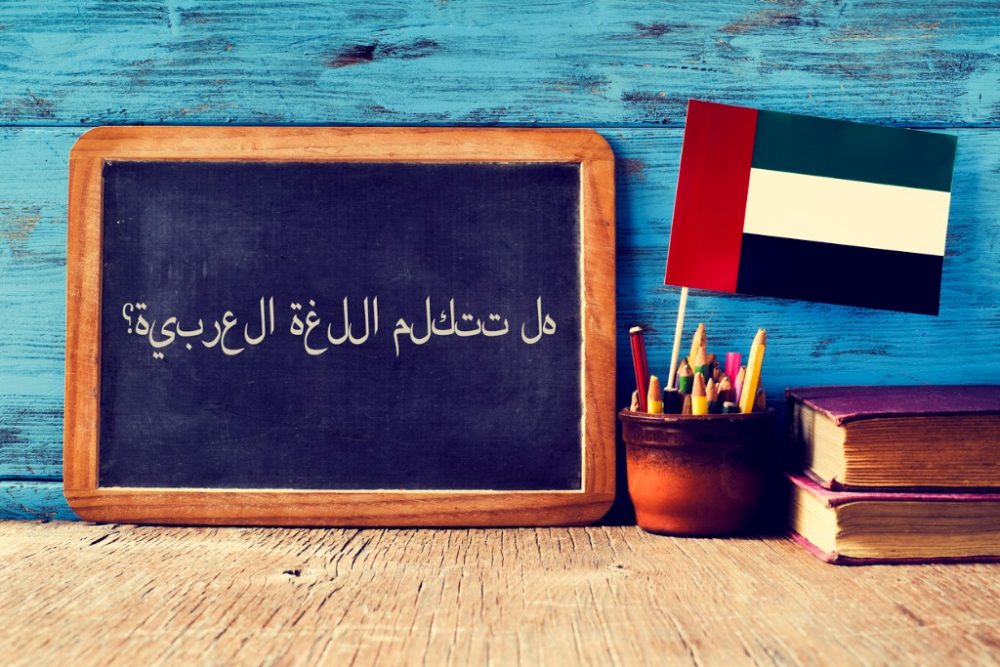
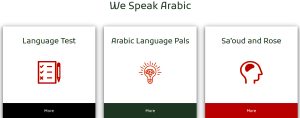




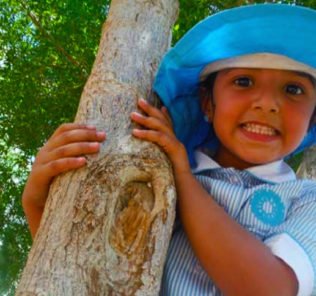
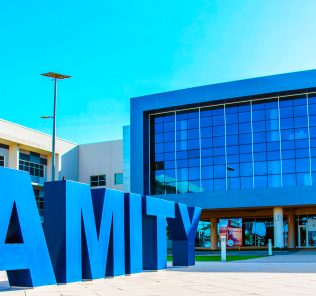
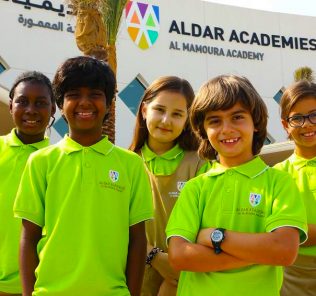
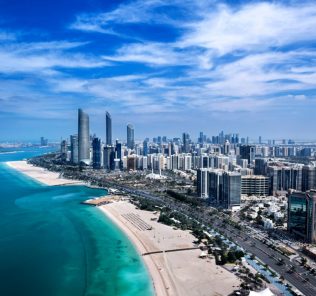

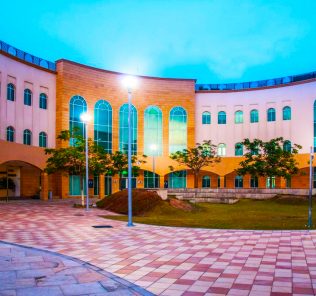
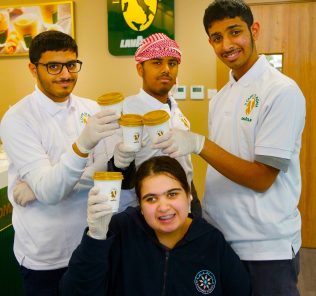
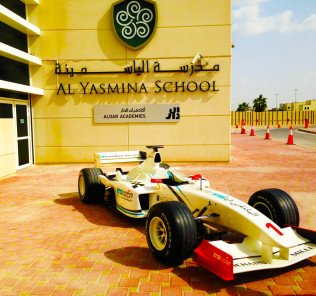
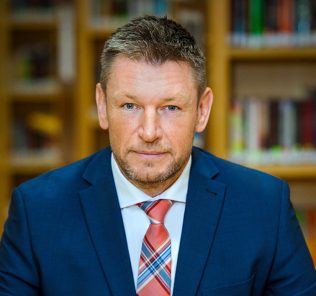


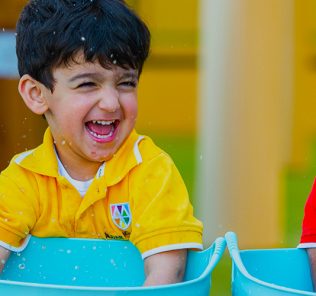













Wonderful post! We are linking to this great post on our website. Keep up the great writing.